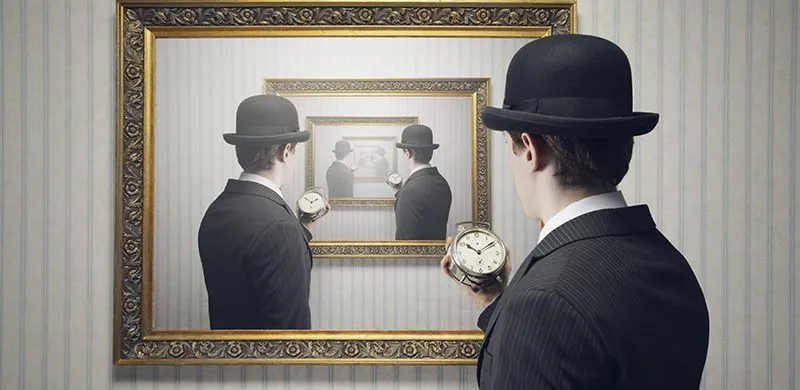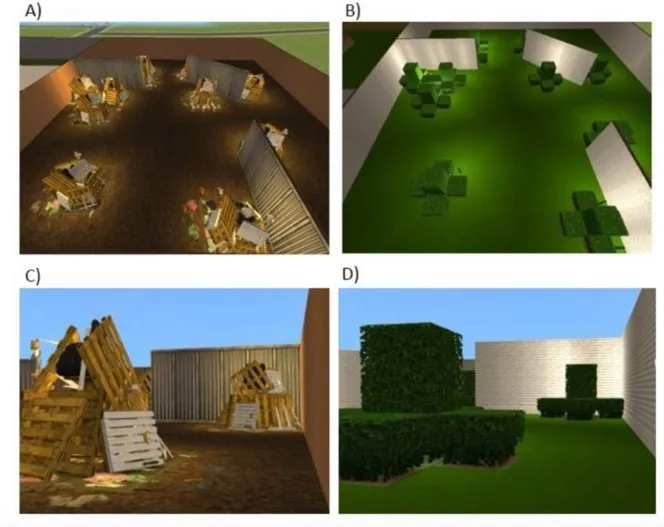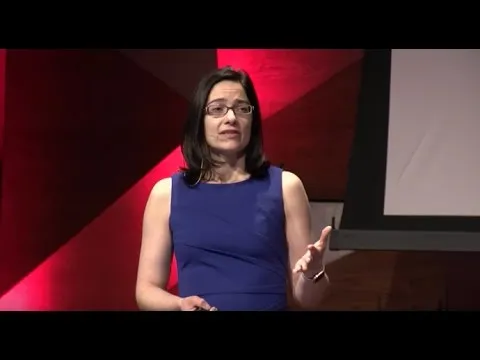The feeling of having lived something before, or déjà vu, is not a paranormal phenomenon and has its scientific explanation.

" I've lived this before. " Who has not ever had the sensation of remembering situations that had not occurred before? Dejà vu, or paramnesia, is such a surprising phenomenon that many people attribute it to reminiscences of previous lives. However, scientists work to unravel their secrets and explain them from logic.
Anne Cleary is a researcher at Colorado State University who has spent years studying déjà vu to demonstrate that it is a phenomenon related to memory. It happens when a person is in a situation very similar to another that he already knows, but can not remember with precision. For example, Cleary and his collaborators have shown that déjà vu can occur when we are in a scenario that is spatially similar to one in which we have previously been.
We can not remember the past scene, but our brain recognizes the similarity between the two, explains the researcher. "This makes us have the disturbing feeling that we've been there before, but we can not say when or why."

This kind of brain short circuit is a case of what researchers know as "metamemory phenomena." Another example would be the feeling of having something "on the tip of the tongue", or what happens to us when a face sounds to us but we can not put it in context.
Déjà vu is not a premonitory phenomenon
When the researcher began to publish her works on the phenomenon of déjà vu she was criticized. Many people told him that he was wrong, that déjà vu was not just a memory, because another characteristic of this event is the feeling of knowing what is going to happen next.
Does déjà vu really allow us to predict the future? Convinced that we are not facing a paranormal phenomenon, Cleary set out to prove it scientifically and has just published her conclusions in the scientific journal Psychological Science. In this article she details how she and her team managed to recreate the phenomenon of déjà vu to examine the sensation of premonition that it produces. According to the results, the participants were no more able to predict the future when they experienced a déjà vu than when they tried to guess something blindly. But, during déjà vu, they really felt that they could do it.

To prove it, the scientist used virtual scenarios recreated with the video game "The Sims". These were different scenes (a scrap yard, a garden), but with a similar spatial arrangement, as can be seen in the example of the photograph. In previous works, his team had already been able to recreate the déjà vu sensation with the use of these scenarios. Now, they went a step further and showed the participants a kind of tour with a series of turns through the virtual stages.

By switching to a spatially similar scenario, the researchers induced the feeling of déjà vu in the participants. At the last moment, the route was cut and the volunteers had to try to predict where the next turn would take place.
As expected, the people who experienced a déjà vu were not more likely than others to be right in their prediction, however all felt, while they had déjà vu, that they were capable of doing so. In short: déjà vu does not help us to predict the future, but it gives us the feeling that we can.
Déjà vu does not help us to predict the future, but it produces us
the feeling that we can.
Currently, Cleary and his team are conducting a series of experiments to further investigate this sensation. Specifically, they want to know if people experience a retrospective bias, that is, if they remain convinced that they knew what was going to happen even after the events took place (and that they were not able to predict the future).

"I think the reason why people believe in metaphysical theories about déjà vu are these mysterious and subjective experiences," the researcher reasons. Even scientists who do not believe in past lives have come to ask me, with a small mouth, an explanation for this sensation. People look for explanations in different places, and if you are a scientist, you need the logical explanation to these really strange experiences. "
The psychologist explains some of her research on déjà vu in this TEDx talk of 2017


